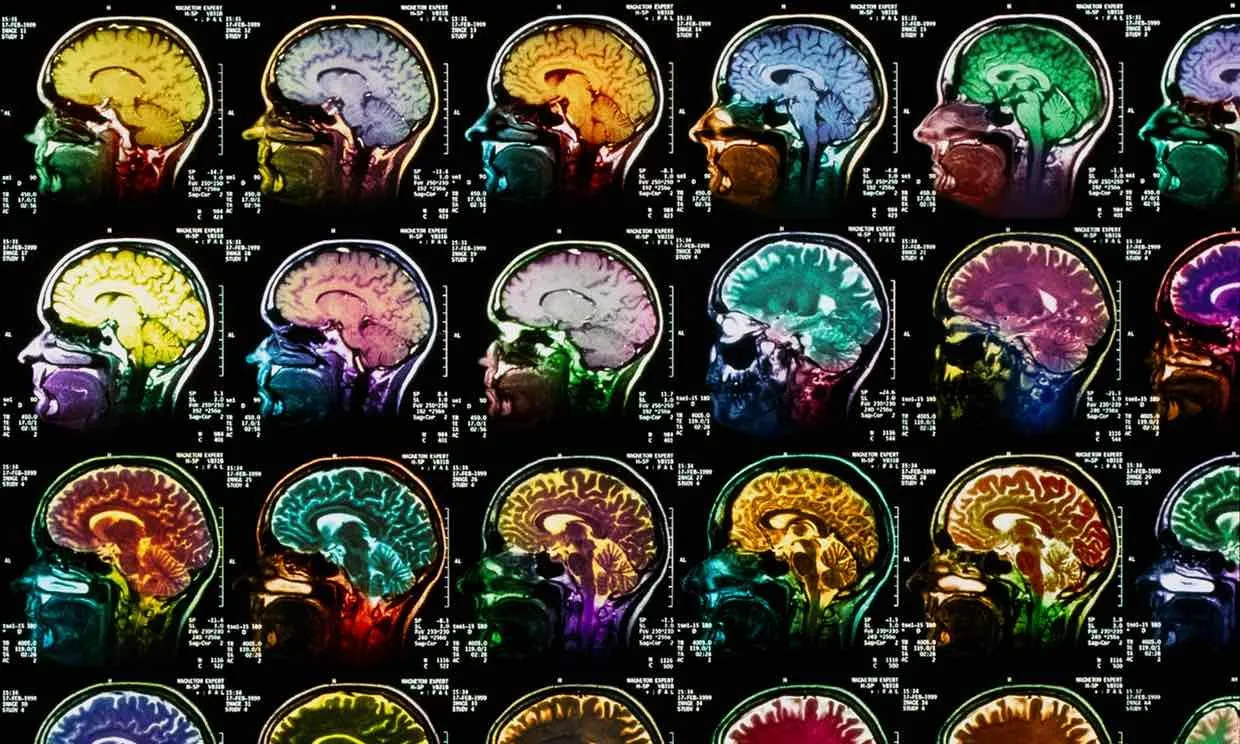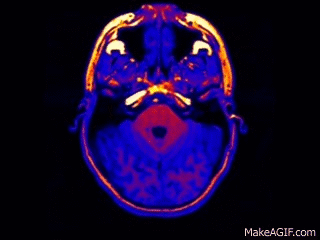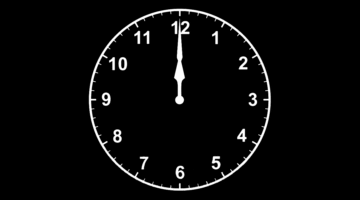
Scientists at the Imperial College London have recently proved successful in using MRI scans and algorithms in order to produce a computer-generated brain age, according to a new study.
What they've done is essentially help to improve diagnosis of individuals who might be at risk of dying early or facing cognitive decline.
The MRI scans that they used are able to measure the levels of brain tissue that an individual has and from that it is able to determine if their brain age is much older or younger than their actual age. The brain scans might also might be helpful in determining who is at risk of developing poor health.

The scientists are able to test the brain age of patients based on the volume of their brain tissue; it measures overall loss of grey and white matter. Researchers say that this is the hallmark of the brain's aging process and so by analyzing it, we can get an idea of how old the brain really is.
For the study, they employed the use of artificial intelligence to help analyze MRI brain scans in order to come to a conclusion on what the possible brain age might be. They used scans from roughly 2,000 different participants who were between the ages of 18 and 90 years old.
After they developed the tool to assess the brain age, they then tested it on roughly 650 people that were 81 years old. The researchers found that for the folks who had brain ages that were older than their chronological age, that they had worse medical and cognitive tests.
Those with an older brain age were also found to have weaker strength, slower walking speed, and lower lung capacity.

If you are 40 years old, how could your brain age be anything older or younger than 40 years old? Well, scientists say that we have a biological age and we also have a chronological age. In other words, certain parts of our body might be older or younger than our chronological age.
How is this determined?
In order for researchers to assess your biological age they look at the development of certain biomarkers. These might include things like looking at the concentration of prostacyclin in fibroblasts, or examining cell membrane viscosity, or looking at the baroreflex regulation of the heart rate, and much more.
Researchers admit that for their recent brain age study involved several limitations: they only looked at brain scans of older adults and their participants are assumed to be healthier than the average general population.
The new scans that they have developed to assess the 'brain age' are not ready yet for clinical trials. But they imagine that one day their research might be used to help to identify those who are at a risk of cognitive decline or worse.
Pics:
Simon Frazer/SPL/Getty Images
Giphy
Sources:
https://www.theguardian.com/uk-news/2017/apr/26/people-whose-brain-age-is-older-than-their-real-age-more-likely-to-die-early
http://www.medicaldaily.com/human-bodys-chronological-and-biological-age-may-differ-why-your-breast-tissues-are-326884
https://www.ncbi.nlm.nih.gov/pubmed/12849085
https://en.wikipedia.org/wiki/Epigenetic_clock
https://www.thesun.co.uk/living/3408778/mri-scans-that-predict-your-brain-age-can-spot-whos-at-risk-of-early-death/
http://www.livescience.com/58811-brain-age-artificial-intelligence.html